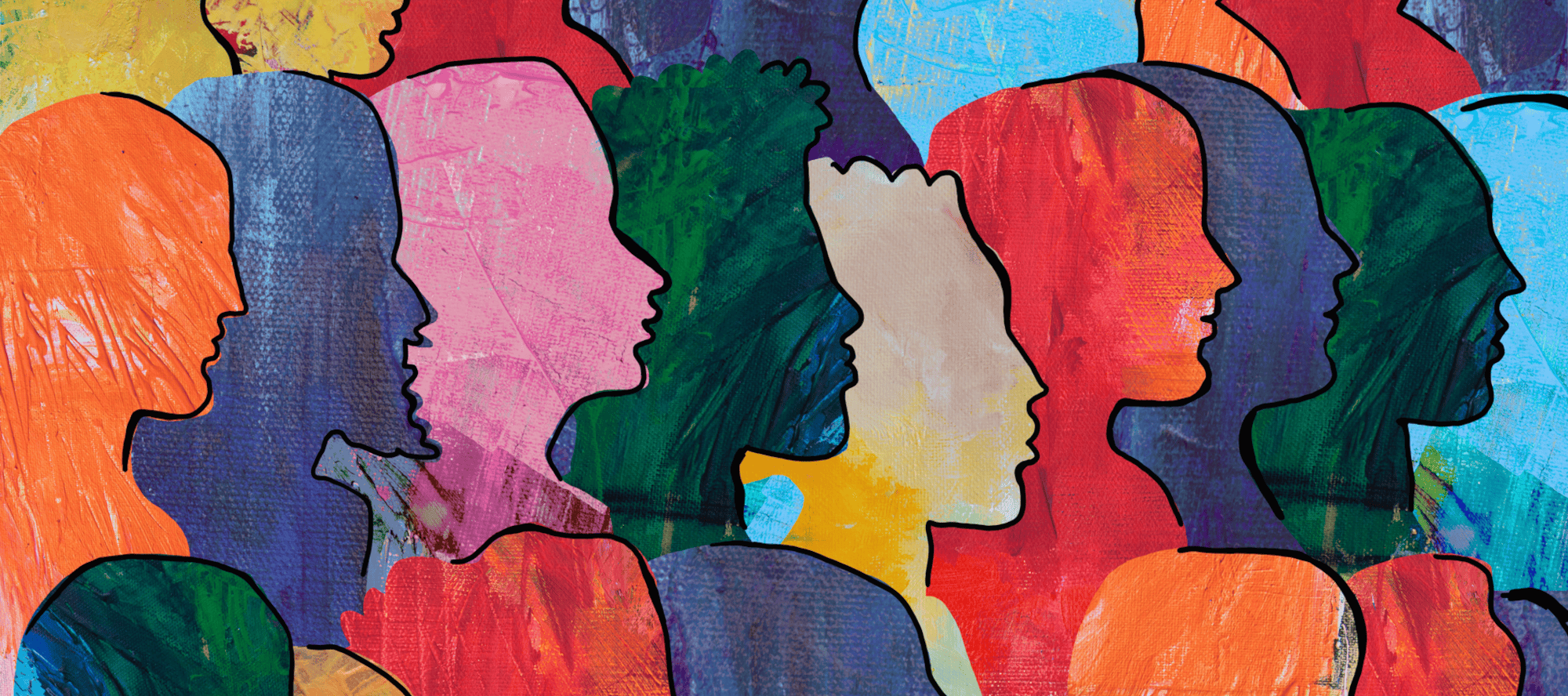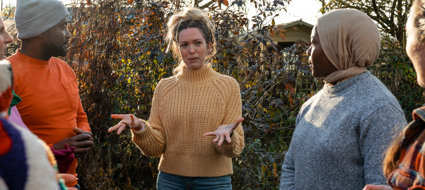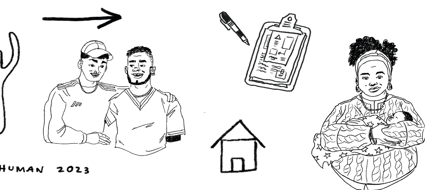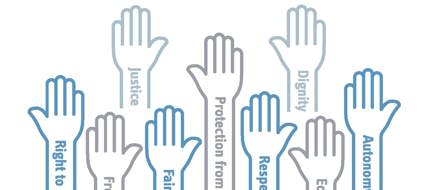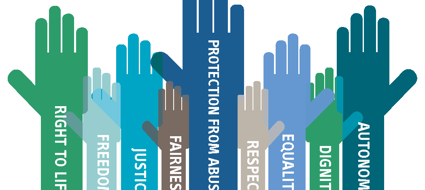To deny people their human rights is to challenge their very humanity.
Nelson Mandela
Human rights are the language of everyday life – we are all familiar with Bob Marley’s ‘Get Up Stand Up’ and with Nelson Mandela’s fight for human rights for the Global Majority of South Africa. In the news we often hear about issues relating the human rights. For example, the recent debate and vote for the bill that legalises assisted dying for terminally ill adults in England and Wales.
The concept of human rights has deep roots and stems from the Magna Carta in 1215 that acknowledged for the first time that subjects of the crown had legal rights and that laws could apply to kings and queens too. The Universal Declaration of Human rights in 1948 is the foundation for modern human rights, after the Second World War, the international community recognised the need for a collective expression of human rights.
More recently the Human Rights Act 1998 (HRA), in force since October 2000, incorporated into domestic law the rights and liberties enshrined in the European Convention on Human rights. The Equality Act 2010 brought together more than 116 separate pieces of legislation into one single act – a new, streamlined legal framework to protect the rights of individuals and advance equality of opportunity for all.
The concept of human rights has faced many challenges over the centuries and still does today. The new government has said it’s committed to updating the HRA. ‘We will never withdraw from the European Convention on human rights’ Starmer said (July 2024). However, the previous decade had been uncertain for human rights in the UK.
The HRA is a foundational law, and it works with the many other pieces of legislation we are familiar with – the Care Act 2014, the Mental Capacity Act 2005, the Mental Health Act 2007. As a piece of legislation, it is unique, because it relates to the fact that we are all human – our rights are therefore not to do with our nationality, our income, our residence, our care and support needs. We can immediately see how this underpins our person-centred work in adult social care and how taking a human rights approach in practice can have a real practical impact on people’s confidence and abilities.
A human rights approach is about recognising the civil, political, social, economic, and cultural rights of people with care and support needs, as well as their right to quality of life.
Strøm & Slettebø, 2021
Following our recent workshop on taking a human rights approach in adult social care, this Human Rights Day we want to share a selection of resources highlighted in this training, plus a few extras, to support you in building and maintaining your understanding of a human rights approach in your roles across different areas of social care.
Our recent Evidence Review, A Brighter Social Care Future, was co-produced with Social Care Future, and brought together groups of people, with different lived experiences of social care, to talk about five key changes needed in social care in order to unlock an equal life. One of the key changes was around leading the lives we want to live where a human rights approach was highlighted as a way to address power imbalances:
Sharing power means having an equal say in everything that impacts on my life 'nothing about us without us…' things like what social care support I receive, how it’s provided and by whom are very important to me.
Dean Thomas – co-production group member
The Embedding human rights in assessment for care and support: Frontline Briefing provides an overview of legislation and policy backdrop and brings together evidence of different approaches to upholding human rights in assessment.
The Embedding human rights in adult social care: Leaders’ Briefing highlights the importance of a strategic vision on Human rights and the delivery of services and provides evidence to support the development of a HR approach in organisations.
Risks, rights, values and ethics: Frontline Briefing considers the balance between awareness and mitigation of risk and upholding a person’s Human rights and choice.
The Human rights principles in practice webinar examines case law and practice examples to explore the complexities of decision-making where mental capacity, risk and human rights intersect.
This co-produced Radical safeguarding toolkit for homelessness: Practice Tool shares information, ideas and inspiration for anti-oppressive approaches to safeguarding adults experiencing homelessness. It explores how social justice movements can shape the support and services we offer.
A social approach to supporting and empowering disabled people in housing: Frontline Briefing helps practitioners to develop their understanding of disabled people’s relationship with housing and the importance of using the social model of disability and rights-based approach when assessing housing needs and providing support.
The Working with older trans people: Practice Tool helps in building confidence and understanding rights for older trans people.
The learning resources on legal literacy can support connecting relevant legal rules with professional priorities and the objectives of ethical practice in adults social care.
Our Case Law and Legal Summaries highlight examples of how the human rights act and other legislation has been applied and the implications for practitioners.
